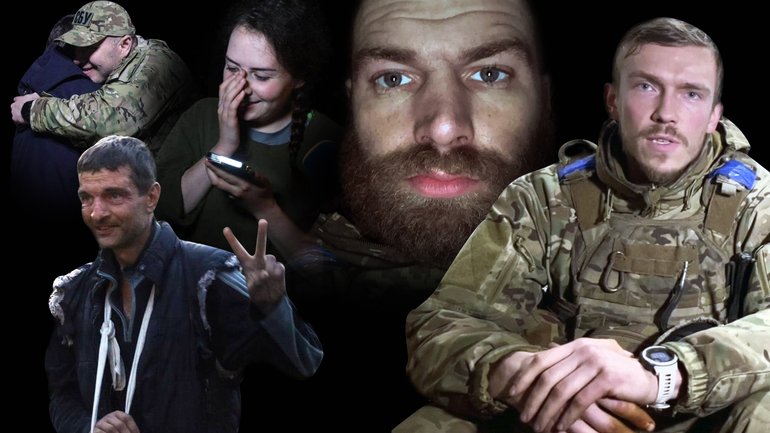Pope Francis played an important role in the return of Azov fighters, - mass media

It is known that Turkey, Saudi Arabia and the UN have joined the negotiations. But there were also those whose participation is not so obvious. In particular, it was Pope Francis, reports CREDO.
He personally played an important role in the exchange and also influenced the fact that the announced trial of the Azov fighters, who were supposed to be put in cages, did not take place.
This is stated in the article by Ukrainska Pravda titled "Great comeback. Making the rescue of Azov fighters possible and why Putin took Medvedchuk back."
"Some Ukrainian envoys came to see me. The military chief responsible for the exchange of prisoners also arrived, again with a religious adviser to President Zelensky. This time I was brought a list of more than 300 prisoners. They asked me to do something to make the exchange happen. I immediately called the Russian Ambassador to find out if something could be done, if it was possible to speed up the exchange of prisoners," Pope Francis shared with the Jesuits in Kazakhstan on September 15.
The military chief mentioned by the Pope was the head of the General Directorate of Intelligence, Kirill Budanov.
According to the Presidential Administration, following the conversation with Budanov, Pope Francis spoke with the Russian ambassador and the Chinese leadership.
"The Pope, no matter how much hate was provoked against him in Ukraine, has been very fruitfully involved in the process [of prisoner-of-war exchange] since the end of August. He is one of those who spoke in detail about this exchange with Budanov, with Erdogan and with the leadership of the people's Republic of China," says Roman Kravets, the author of the article on Ukrainska Pravda.
He adds that on August 16, Pope Francis received from the head of the Main Intelligence Directorate of the Ministry of defense of Ukraine Budanov a list of all war prisoners: civilian and military. After that, the Holy Father called Turkey and China to facilitate the exchange. Roman Kravets notes that not only religious negotiators but also Ukrainian intelligence officers speak about the important role of the Pope: "this is very important — unbiased people talk about it."
In addition, the journalist claims, the pope also had a hand in ensuring that the Azov fighters were not tried publicly in cages, as the occupiers planned to do in Mariupol on August 24: "including this trial could not take place because the Pope fit in for this story."
Neither Putin nor Kirill, who ostentatiously do not communicate with Pope Francis, can deny the influence of the pontiff and the moral authority of the Vatican.
As you know, back in the spring, the pontiff asked Putin three times to open a humanitarian corridor to Mariupol.
It was even proposed to evacuate people by boat under the flag of the Vatican. The Holy Father also met with the wives of soldiers of the Azov Regiment when Mariupol was under siege by Russian troops, and the defenders of the city were blocked at the Azovstal plant.
And although the Pope tried to enter into a dialogue with Putin, he did not succeed. Roman Kravets notes that the pope does not communicate with either Putin or Kirill. In addition, it is reported about the freezing of relations between the Vatican and the Russian Orthodox Church.









